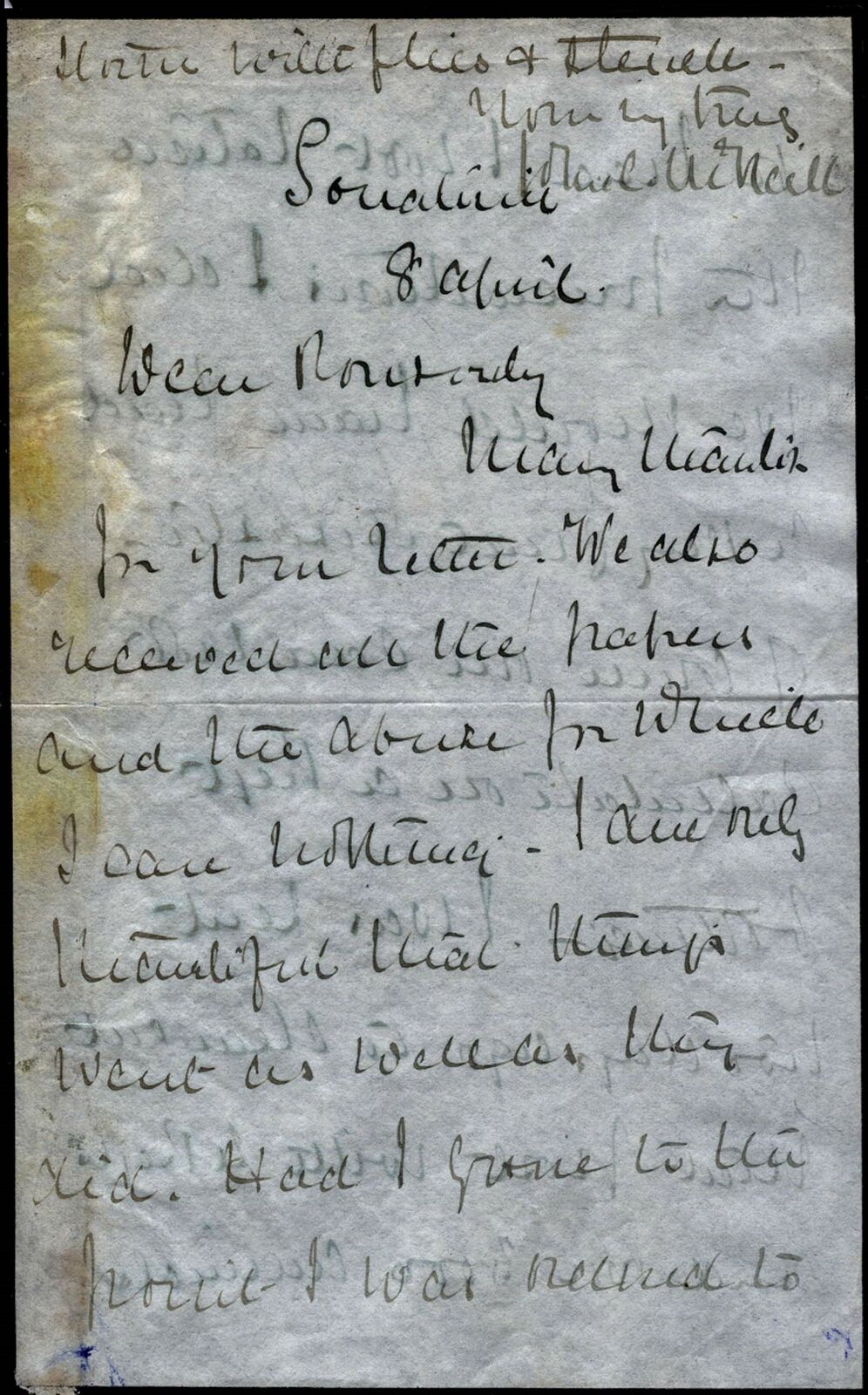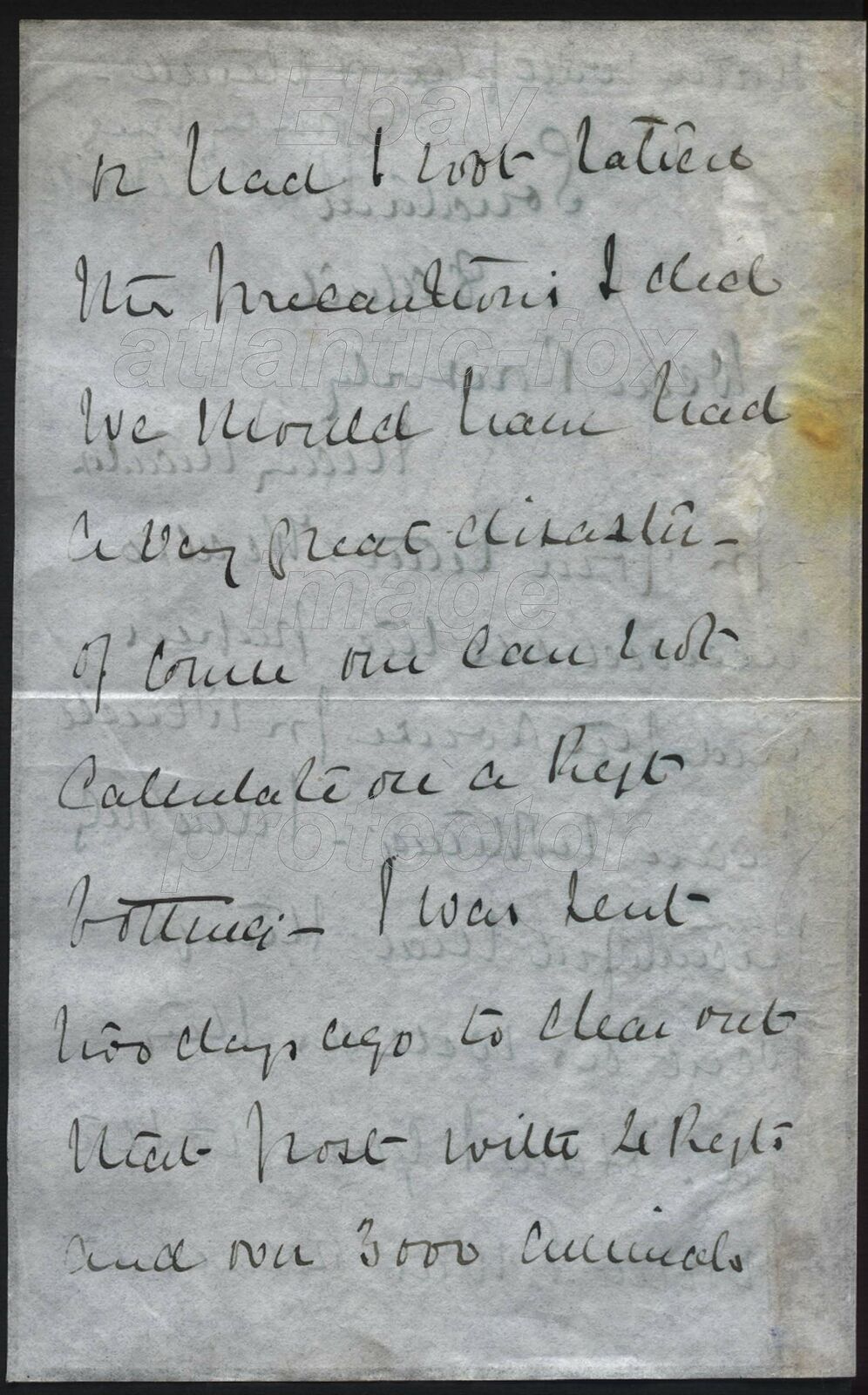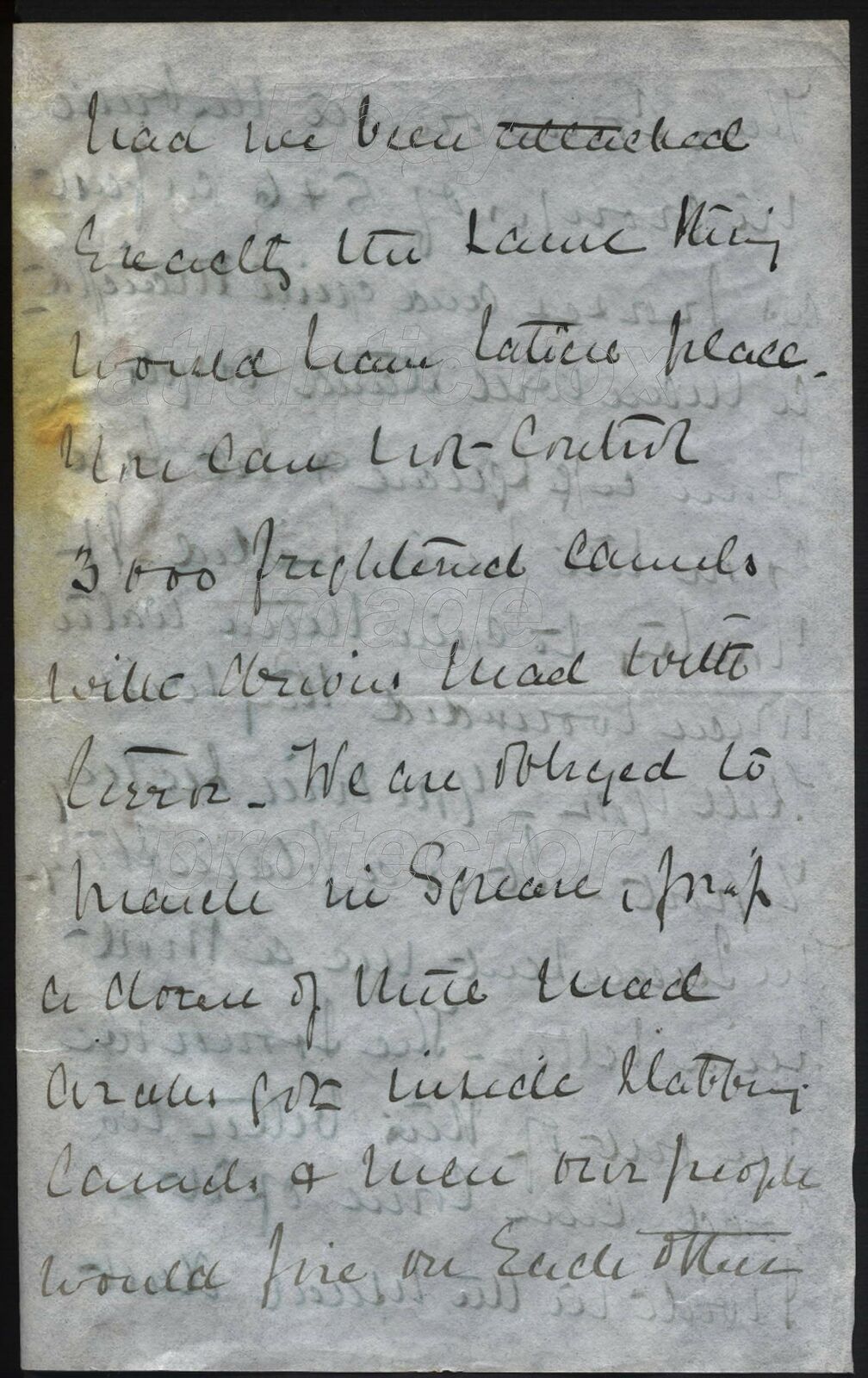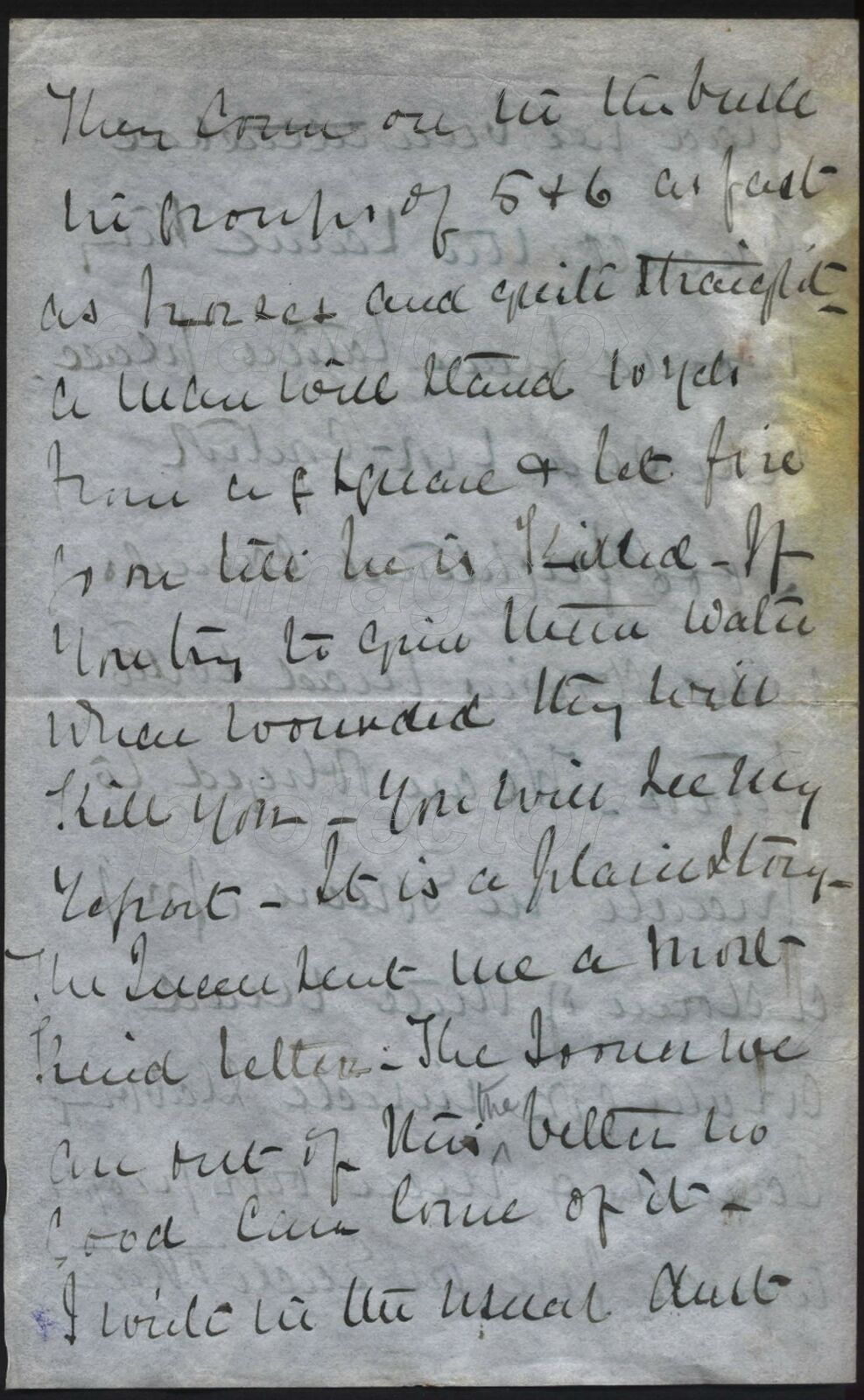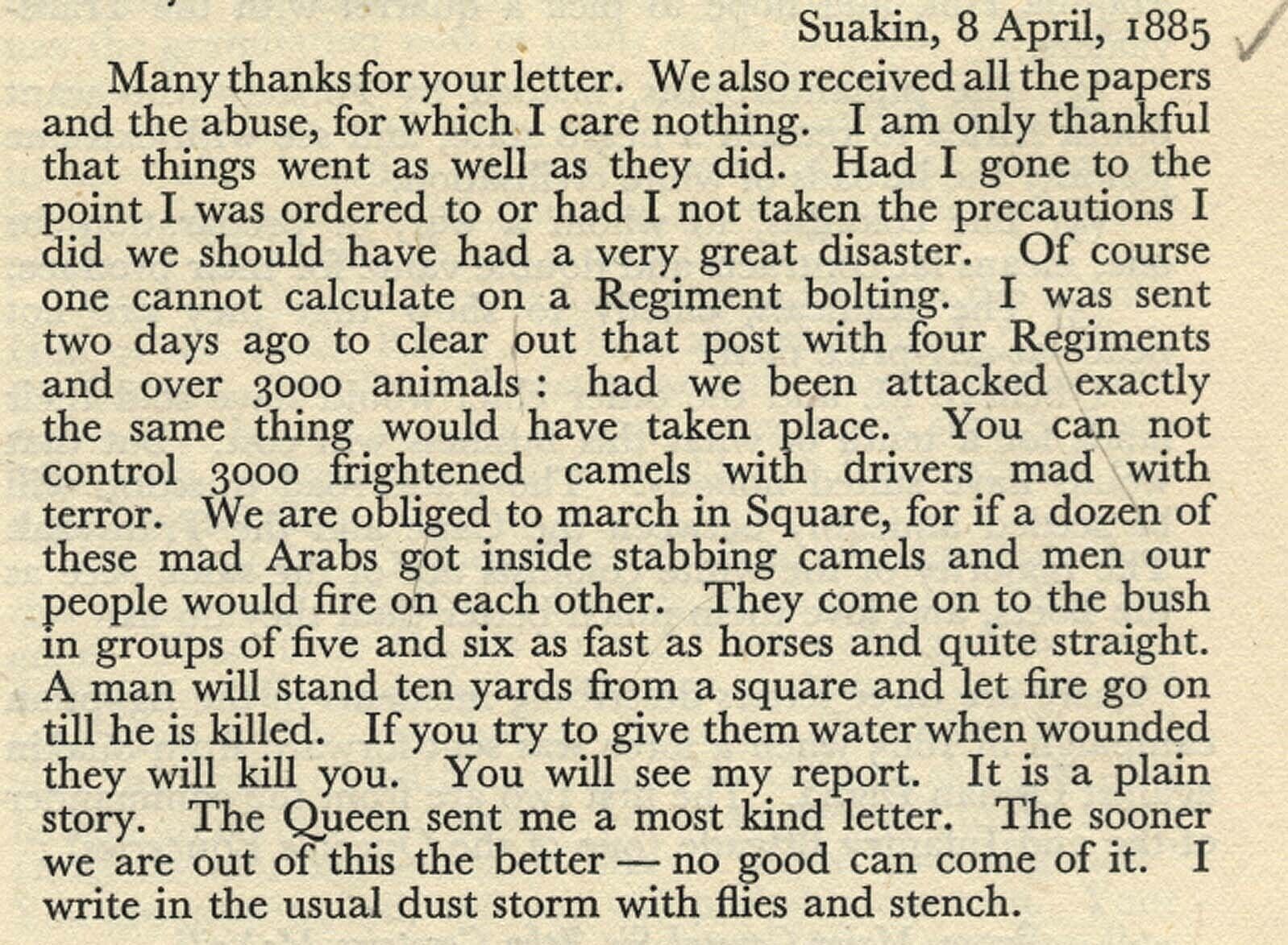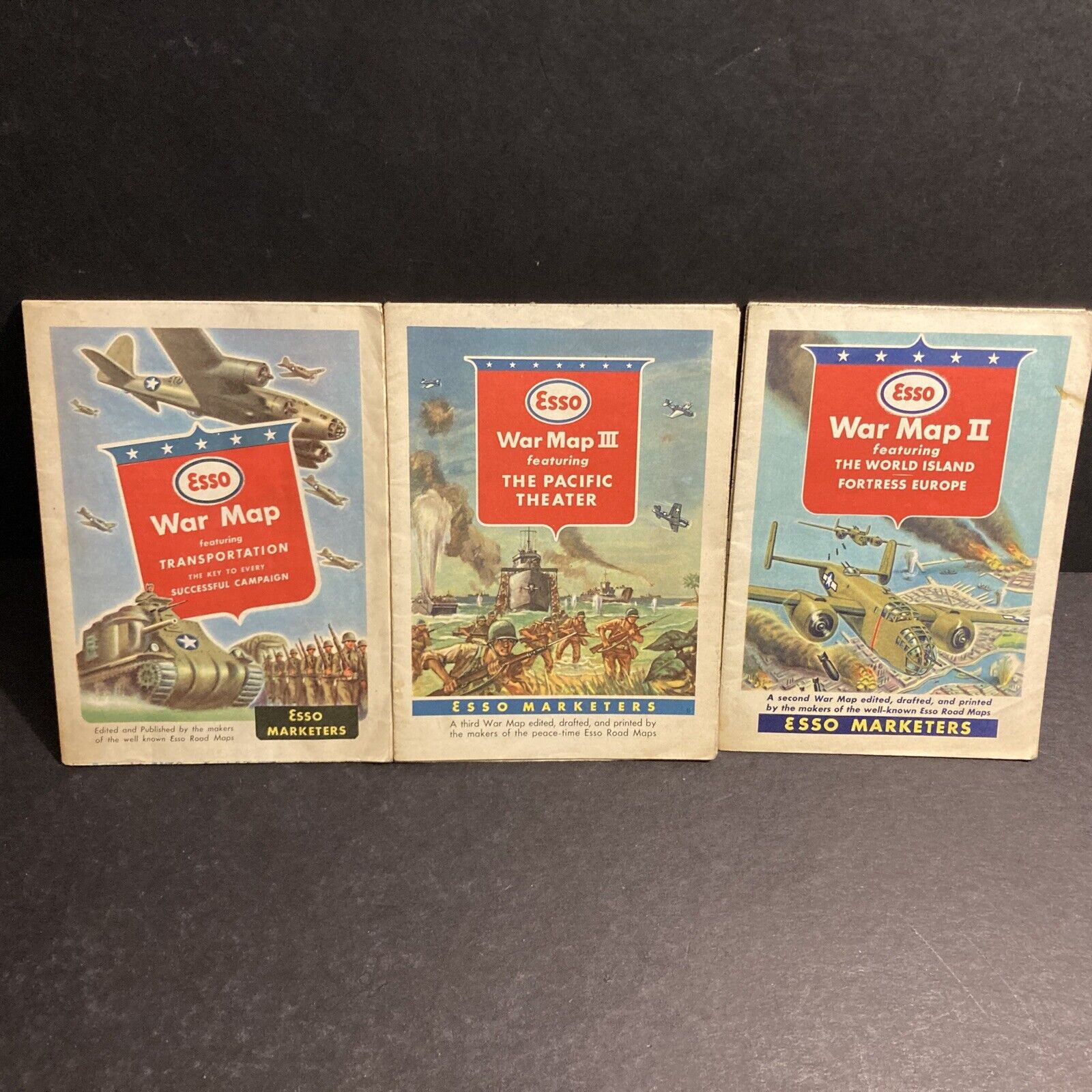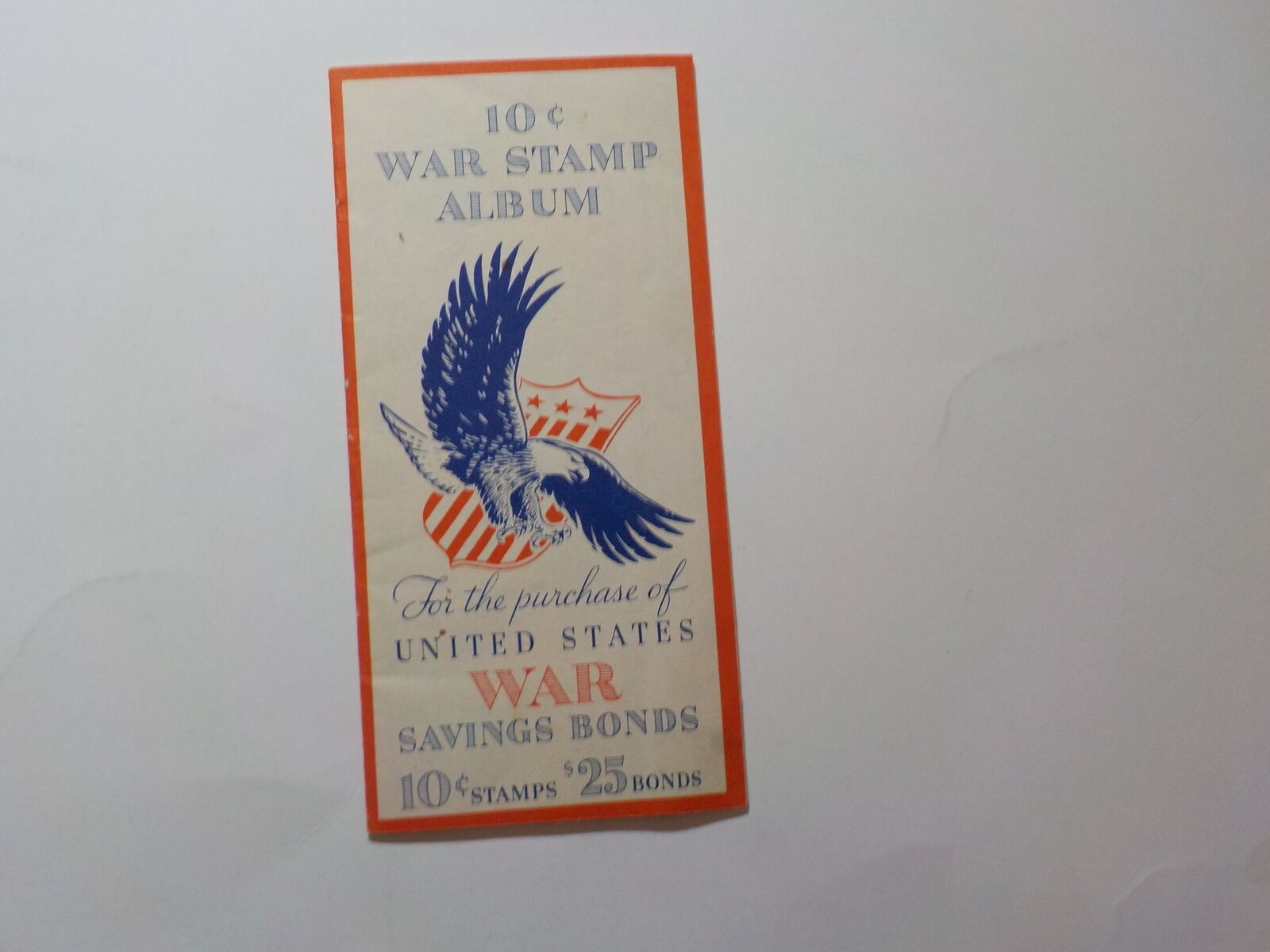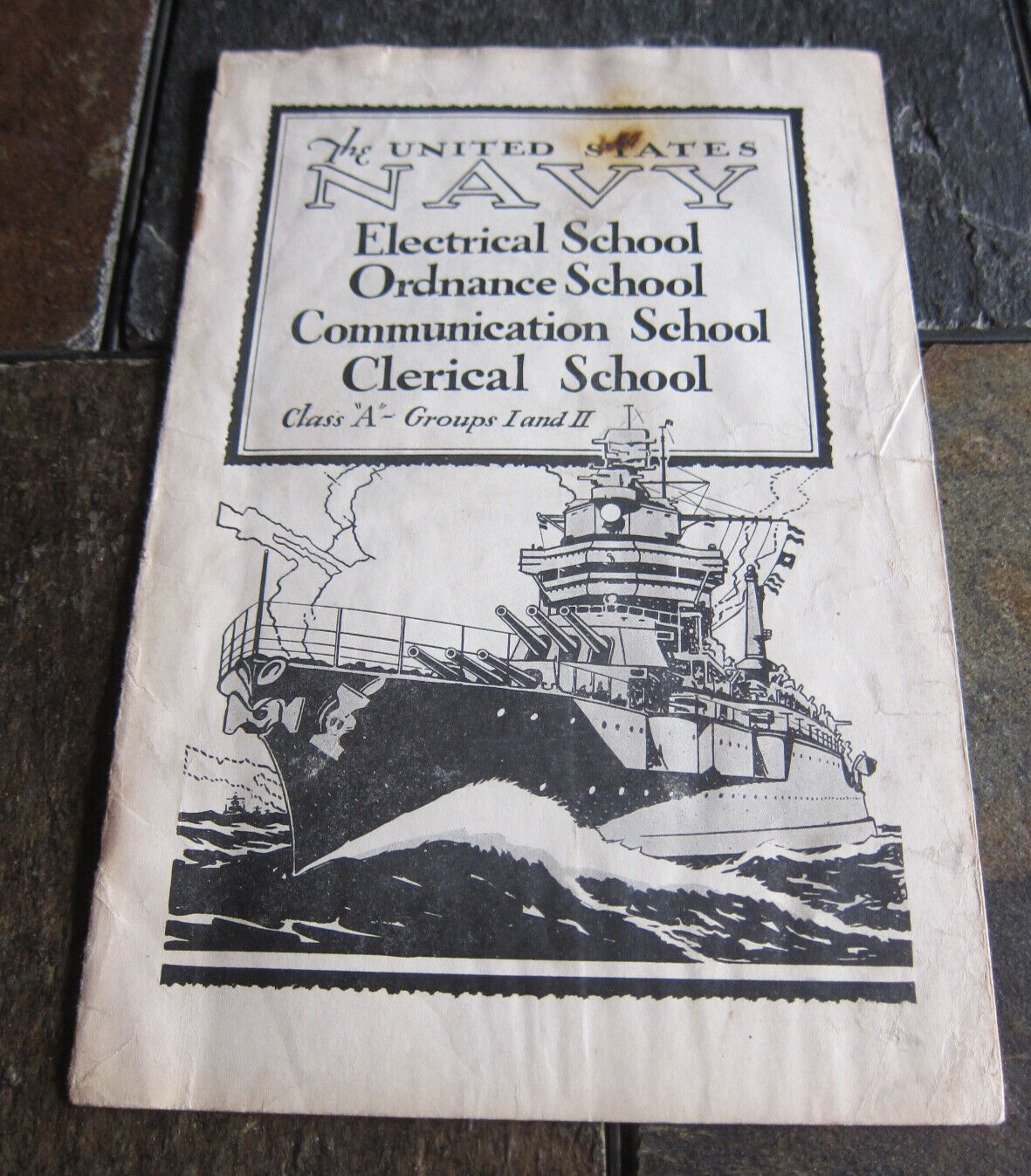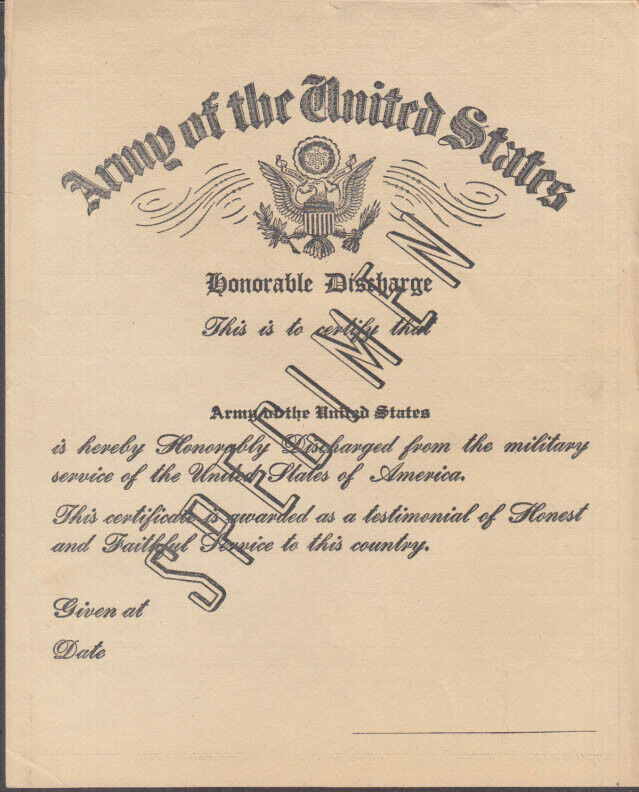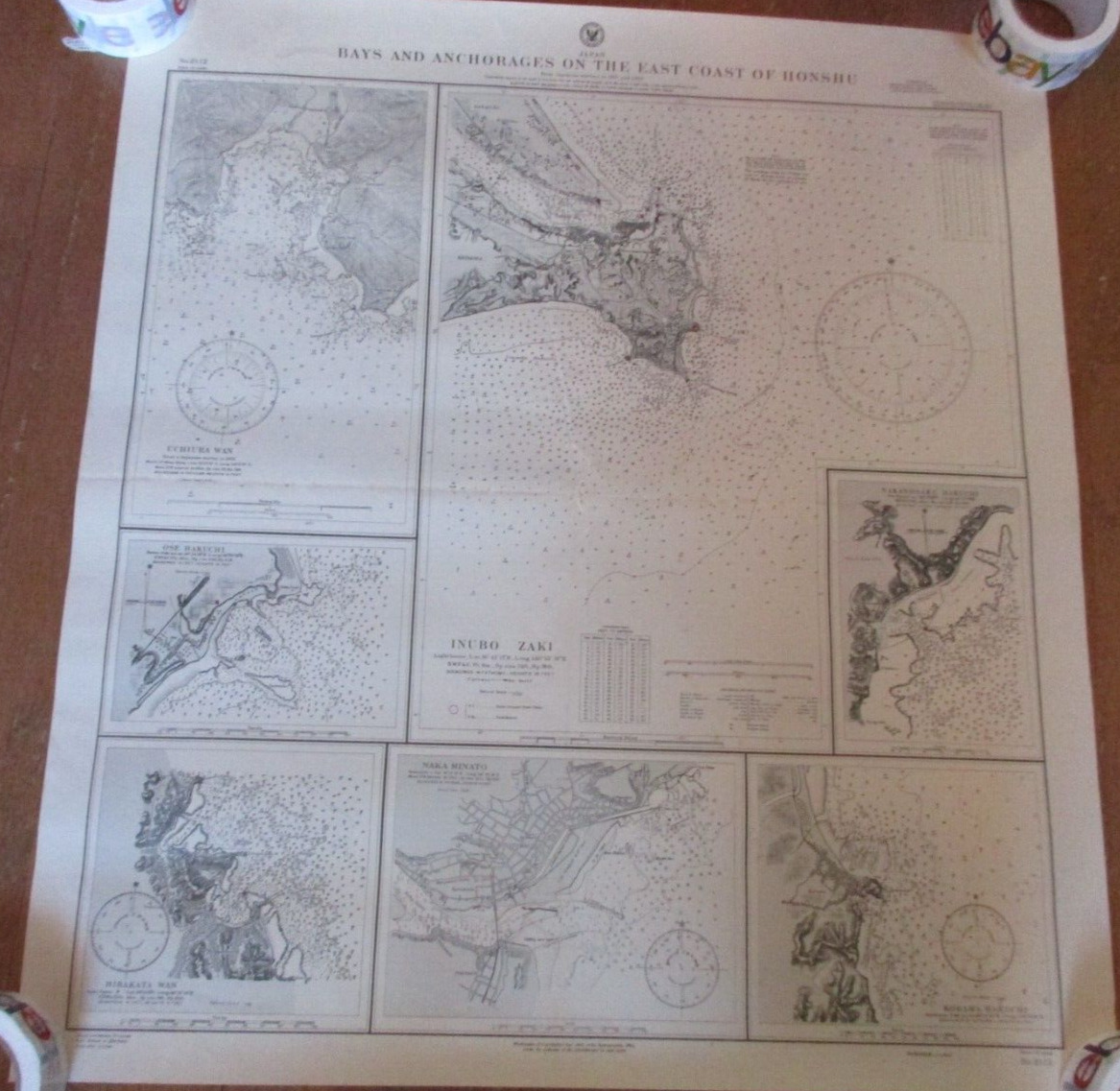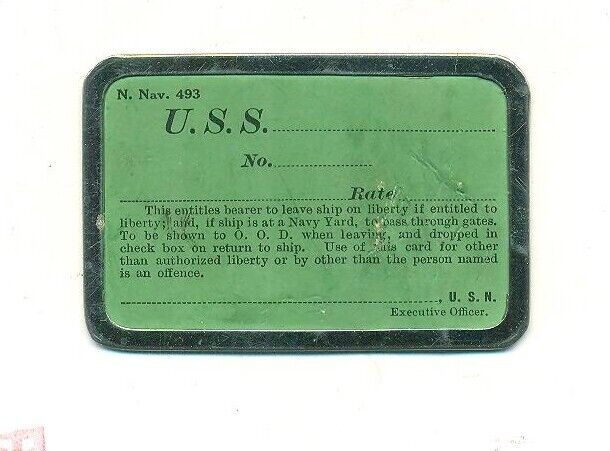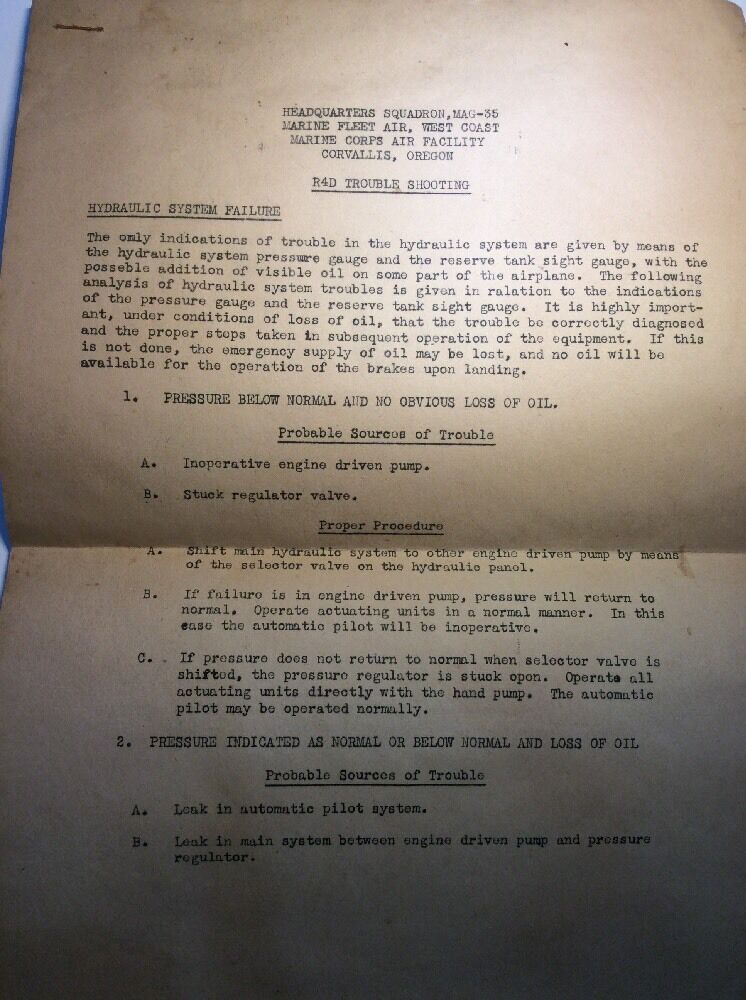-40%
1885 SUDAN Sir John McNeill V.C. Battle of Tofrek or MacNeils Zeriba to Ponsonby
$ 954.35
- Description
- Size Guide
Description
1885 SUDAN Sir John McNeill V.C. Battle of Tofrek or MacNeils Zeriba to PonsonbyThis product data sheet is originally written in English.
1885 SUDAN Sir John McNeill V.C. Battle of Tofrek or MacNeils Zeriba to Sir Henry Ponsonby,
A fine & amazing letter from Major General Sir John McNeil, Suakin 8th April, whereby he mentions two days earlier going back to the Post were the battle of Tofrek had taken place, with the Mahadist insurgents, to clear it out, and which had been garrison since the battle up untill the 6th of April. he writes.
"Suakin 8th april,
Dear ponsonby,
Many thanks for your letter. We received all the papers and the abuse, for which i care nothing. I am only thankful that things went as well as they did. Had I gone to the point i was ordered to or had not taken the precautions I did we should have had a very great disaster.
I was sent two days ago to clear out that post with four regiments and over 3000 animals: had we been attacked exactly the same thing would have taken place.
You cannot control 3000 frightened camels with drivers mad with terror.
We are obliged to march in Square, for if a dozen of these mad Arabs got inside stabbing camels and men, our people would fire on each other.
They come on to the bush in groups of five and six as fast as horses and quite straight.
A man will stand ten yards from a square and let fire go on till he is killed.
If you try to give them water when wounded they will kill you.
You will see my report.
It is a plain story. The Queen sent me a most kind letter.
The sooner we are out of this the better - no good can come of it. I write in the usual dust storm with flies and stench.
Yours very truly.
John McNeil".
This letter was published in 1943 in the book "HENRY PONSONBY, His life from his letters by Arthur Ponsonby" page 352 as illustrated on the image shown
.
The Battle of Tofrek, fought on March 22nd 1885,
an engagement which only narrowly avoided becoming another Isandhlwana – a British military disaster. Tofrek was fought between the advance guard of General Graham’s Suakin Field Force under General John McNeil VC, against Muslim Mahdist forces under Osman Dinga in the eastern Sudan. McNeil was seeking to establish a staging post for stores when his mixed force of the 1st Berkshire Regiment, Royal Marines, Engineers and Sikhs was set upon by a large force of Mahdists who had assembled under the cover of surrounding thick thorn bushes, or ‘zeriba’. At first the British response was hampered by confusion, dust, and black smoke form their new Martini-Henry rifles, but gradually they rallied in squares, their firepower told, and the enemy, armed with spears and swords, drew off. Arab losses were at least 1,600 and the British lost some 140.
Major General Sir John Carstairs McNeill, VC, GCVO, KCB, KCMG (28 March 1831 – 25 May 1904) was a senior British Army officer and Scottish recipient of the Victoria Cross, the highest award for gallantry in the face of the enemy that can be awarded to British and Commonwealth forces.
Early life
He was the son of Anne Elizabeth McNeill née Carstairs, and Alexander McNeill (1791–1850), brother of Duncan McNeill, Lord Colonsay (1793–1874) and of Sir John McNeill (1795–1883). His own brother was Alexander McNeill.[2] He was educated at St Andrews and at Addiscombe Military Seminary.[3]
Details
McNeill was 33 years old, and a lieutenant colonel in the 107th Regiment of Foot (Bengal Light Infantry) – later The Royal Sussex Regiment), while serving as an Aide-de-Camp to Lieutenant General Sir Duncan Cameron during the Invasion of Waikato (one of the campaigns in the New Zealand Wars), when the following deed took place for which he was awarded the VC.
For the valour and presence of mind which he displayed in New Zealand, on the 30th of March, 1864, which is thus described by Private Vesper, of the Colonial Defence Force.
Private Vosper states that he was sent on that day with Private Gibson, of the same Force, as an escort to Major (now Lieutenant- Colonel) McNeill, Aide-de-Camp to Lieutenant-General Sir Duncan Cameron. Lieutenant-Colonel McNeill was proceeding to Te Awamutu on duty at the time. On returning from that place, and about a mile on this side of Ohanpu, this Officer, having seen a body of the enemy in front, sent Private Gibson back to bring up Infantry from Ohanpu, and he and Private Vosper proceeded leisurely to the top of a rise to watch the enemy. Suddenly they were attacked by about 50 natives, who were concealed in the fern close at hand.
Their only chance of escape was by riding for their lives, and as they turned to gallop, Private Vesper's horse fell and threw him. The natives thereupon rushed forward to seize him, but Lieutenant-Colonel McNeill, on perceiving that Private Vosper was not following him, returned, caught his horse, and helped him to mount. The natives were firing sharply at them, and were so near that, according to Private Vesper's statement, it was only by galloping as hard as they could that they escaped. He says that he owes his life entirely to Lieutenant-Colonel McNeill's assistance, for he could not have caught his horse alone, and in a few minutes must have been killed.[4]
On 22 March 1885, Maj. Gen. Sir John McNeill commanded a detachment of the Suakin Field Force, which fought an action against Mahdist insurgents led by Osman Digna at Tofrek, a few miles inland from Suakin. The action is also referred to as "the Battle of McNeill's Zeriba". [Note: in 19th century records, McNeill name is sometimes spelled M'Neill.]
Later life
McNeill later achieved the rank of major general, and in retirement became an equerry to Queen Victoria.
Honours
British honours
VC : Victoria Cross - 1864
GCVO: Knight Grand Cross of the Royal Victorian Order
KCB : Knight Commander of the Order of the Bath
KCMG: Knight Commander of the Order of St Michael and St George Foreign honours
Kingdom of Prussia: Knight 1st class of the Order of the Crown - 1899 - in connection with the visit of Emperor Wilhelm II to the United Kingdom.
]
Fresh to the Market Place, from Major-General Sir John Ponsonby's Collection
For more from this collection see our shop category for SIR HENRY & JOHN PONSONBY COLLECTION
John Ponsonby (British Army officer)From Wikipedia, the free encyclopedia
Major-General Sir John Ponsonby KCB CMG DSO (25 March 1866 – 26 March 1952) was a British Army officer who commanded 5th Division during World War I
Born the son of Sir Henry Ponsonby (Queen Victoria's Private Secretary), his Mother Hon. Mary Elizabeth Ponsonby, Maid of Honour to Queen Victoria and a daughter of John Crocker Bulteel.
His brothers were Frederick Ponsonby, ( Assistant Private Secretary to Edward VII & GV), and Arthur Augustus William Harry Ponsonby, 1st Baron Ponsonby of Shulbrede, (British politician, writer, and social activist).
:
Powered by SixBit's eCommerce Solution
1885 SUDAN Sir John McNeill V.C. Battle of Tofrek or MacNeils Zeriba to Sir Henry Ponsonby, A fine & amazing letter from Major General Sir John McNeil, Suakin 8th April, whereby he mentions two days earlier going back to the Post were the battle of Tofrek had taken place, with the Mahadist insurgents, to clear it out, and which had been garrison since the battle up untill the 6th of April. he writes. "Suakin 8th april, Dear ponsonby, Many thanks for your letter. We received all the papers and the abuse, for which i care nothing. I am only thankful that things went as well as they did. Had I gone to the point i was ordered to or had not taken the precautions I did we should have had a very great disaster. I was sent two days ago to clear out that post with four regiments and over 3000 an
Country/ Organization
Great Britain
Related Interests
Battle of Tofrek
Service
Army
EAN
Does Not apply
Document Type
Original Manuscript letter
City/Town/Village
Suakin
Family Surname
McNeil
Signed
Yes
Continent
Africa
Certified Genuine
Yes
Theme
Military
Year of Issue
1885
Addressed To
Sir Henry Ponsonby
Country
Sudan
Famous Persons in history
Major General John McNeil V.C.
Type
Military
Time Period
19th Century (1800-1899)
Conflict
Sudan Campaign 1885
